Another word for a “Two Face” is a hypocrite, and in some ways a hypocrite is a coward. A fearful person who appears one way but is another.
Many of the YouTube conspiracy buffs associated with this case spend their time sifting through details and detritus, looking for meaning and revelation. But it’s not in shadows or dolls covered in plastic sheets that the real answers lie. It’s somewhere else, somewhere more subtle.
One of the obvious idiosyncrasies of this case is not only Shan’ann’s OCD, but Chris Watts’ OCD. If Shan’ann was more about organizing and scheduling, Watts seemed preoccupied with numbers, cleanliness and self-grooming.
Those who dispute the OCD Narrative, or which to minimize it, do the disservice of breaking a vital fragment of the psychology from this case, and removing it from the main body. If we acknowledge that OCD was present within both of these people, where does it lead us?
There’s a long and a short version to the answer. The short version is that OCD is symptom of one simple thing: anxiety. It’s a psychological attempt to control anxiety. This suggests that both Shan’ann and Watts were – despite appearances, despite their public faces or social media avatars – privately insecure and unusually anxious.
This chronic social anxiety partially explains Watts’ motive. He was a weak man with a weak social currency, and in his mind destroying his family and making them disappear was the easier option than a messy divorce. Probably money factored into his decision-making, but it was driven by fear. Fear of retribution from a vindictive society if he did things by the book.

Coming back to Shan’ann, and her second face, when we take the OCD Narrative [as well as the anxiety] into the realm of MLM and Facebook, we see all the troubles that are there magically disappear. How? Through magical thinking. Suddenly the world is recast as a place where one can Thrive. All problems disappear as soon as I put a patch on my arm. What the MLM effectively is in this case is a proxy for the OCD. It’s an antidote against anxiety.
It’s also a lie, which shows how ultimately the efforts to control anxiety by putting on a brave face may fool a few people, but the real loser is the liar. We don’t learn by lying, we learn by living. We don’t grow or enrich ourselves by lying, but by advancing ourselves in reality.
Where these ideas bring us is to the original title I wanted to use for this post: The Psychological Connections Between OCD, Trauma and Victim Culture. Since I thought it would scare most people away I went with the kindergarten version.
Elsewhere on this site a discussion arose around the relevance of history. It doesn’t seem relevant, does it? What does a war in a previous century have to do with a family in Frederick Colorado? Everything and nothing. Everything in the sense that a myriad of forces we’re not aware of are forming our culture, and who we are, and who we respond to our circumstances today. And nothing, because the identities in this story were to some extent self-generated.
It’s important to consider both aspects in true crime – the cultural psychology aspect and the identity aspect.
We ought to be aware that “identity politics” was what fueled the Second World War. Identity politics is all about rallying around and identifying strongly with an idea. One identifies so strongly with this idea, that one’s identity becomes infused with it.
For those interested in this subject, I recommend a brief browse through the history of identity politics [written by the sociologist Frank Furedi]. Here’s an excerpt:
…the politics of culture has rarely allowed the forging of strong bonds between different groups, as today’s acrimonious dispute between feminists and trans activists shows. Human solidarity is one of the main casualties of identity politics. Once different groups retreat into their respective safe spaces, there will be little common ground left for those committed to the politics of solidarity and the ideal of universalism…
How identity politics appears in the Watts case is this tribal approach to identifying with the victim, or sympathizing excessively or inappropriately with perpetrator, and then the two groups bombarding one other with the backing of their respective political camps. TCRS actively discourages this practice, but it’s nevertheless a constant theme in true crime.
Identity politics is our own form of OCD. It’s our own version of trying to control or recast our anxiety. There is a lot more to say about the Culture of Victimhood as a general theme pervasive in our society, and also the victim psychology within the Watts case. What’s clear is during his “confession”, when Watts himself was becoming a real victim in his own story, he was offered an olive branch.

He was offered the chance to be the victim, and thus innocent of his own actions. This was ironic given the reason he committed the crime – it was a chance to no longer be a victim, and not be held accountable by his ex-wife for his actions [meaning his new partner could see him as innocent, or in his mind, as “who he really was”.]
When offered the chance to be the victim during his interrogation, Watts did this by making his murdered wife the offender.
Think about Identity Politics and idea of identifying with a Perceived Victimhood. Maybe you feel discriminated against because of your race, sexual orientation or some other reason. Maybe you feel diminished because of someone or something else. Maybe you feel your country is about to be overrun by immigrants. Maybe you feel someone or some class of people is invading your domain and will soon steal your job. All of this raises anxiety. At the same time, the source responsible for this narrative offers an instrument to sort it out [a wall, a patch, an exit, an army of the like-minded etc].
There is also a fascinating relationship between history and victimhood, in fact history tends to be used like a convenience store to prop up victimhood, especially in modern times. So after decades of silence on the subject, concepts like slavery and colonialism and the idea of privilege comes into vogue, at a time when – for example – colonialism is safely in our past. So why bring things up if their relevance to our actual lived realities is such a stretch?
Because it cuts to who we are. It cuts to the core of our own whys. And this is the attraction of true crime. We don’t realize it, but in some way, shape or form we identify with the circumstances of a crime as much as we are horrified and try to distance ourselves from it. Even when we blame and disassociate ourselves, calling the criminal names that makes us feel better about ourselves, we reveal our own shallow approach to the victim and their lived experience. We’re not expressing solidarity when we gravitate to a victim psychology, we’re doing the opposite: we’re separating ourselves from a universally lived existence, and we do that in an attempt to elevate ourselves [as innocent victims we deserve some sort of recompense, some compensation].
We need to move beyond imposing our own sense of Perceived Victimhood on how we see others, and how we see the world. Just as MLM recasts the world in an instant as a place filled with magical solutions and patches that can transform our lives, victimhood does the same. We wear a patch branded with a particular kind of victimhood, which allows us to belong to a fellowship of victims, and we may even pay money to do that.
TCRS is about seeing the people in these cases, not imposing our own narratives onto them.
It’s not easy.
I don’t like to discuss these concepts here, simply because they require a lot of background, and a lot of silent contemplation. I prefer to do due diligence to these ideas as a chapter within a narrative where it will resonate best, and where there are a lot of enriching references to sketch the psychology properly. Also, many who come here skating on the highways of Google, tend to be the least affected by them. This is a private and personal matter, and better debated and considered as part of one’s own internal dialogue.
Let me leave you with something from Psychology Today originally posted in June 2014.
Why would people loudly and publicly proclaim themselves as victims? Perhaps a better question, based upon the level of secondary gain, attention, protection and support received by these people, is why wouldn’t they? With all of the attention on the issue, why are we surprised when people are exaggerating, using, or downright lying, about victimization? Of course, when we attach benefits to identification as a victim, we will hear from more victims, both real and exaggerated. Acknowledging a history of victimization is healthy, but is that all that a person is?

True Crime Analysis, Breakthroughs, Insights & Discussions Hosted by Bestselling Author Nick van der Leek
Tag: Victimhood
© 2024 TRUE CRIME ROCKET SCIENCE
Theme by Anders Noren — Up ↑
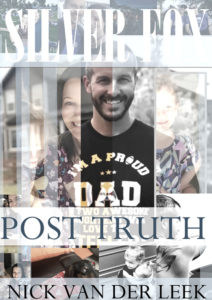
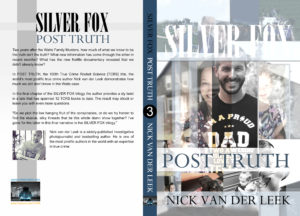



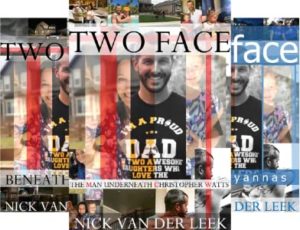

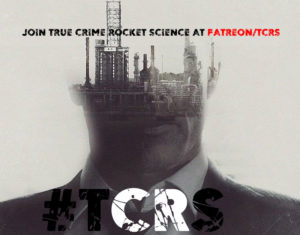

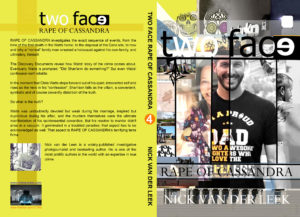
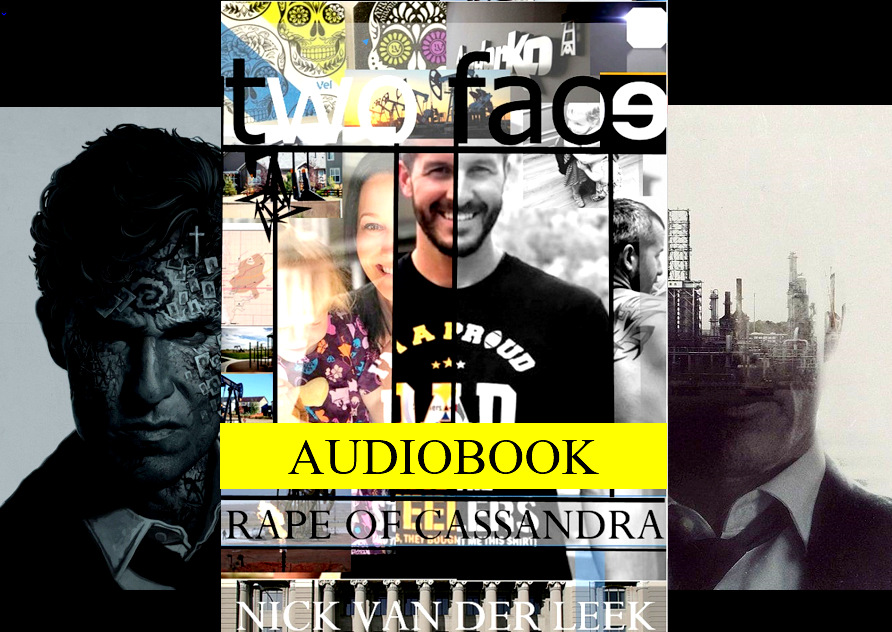
Recent Comments